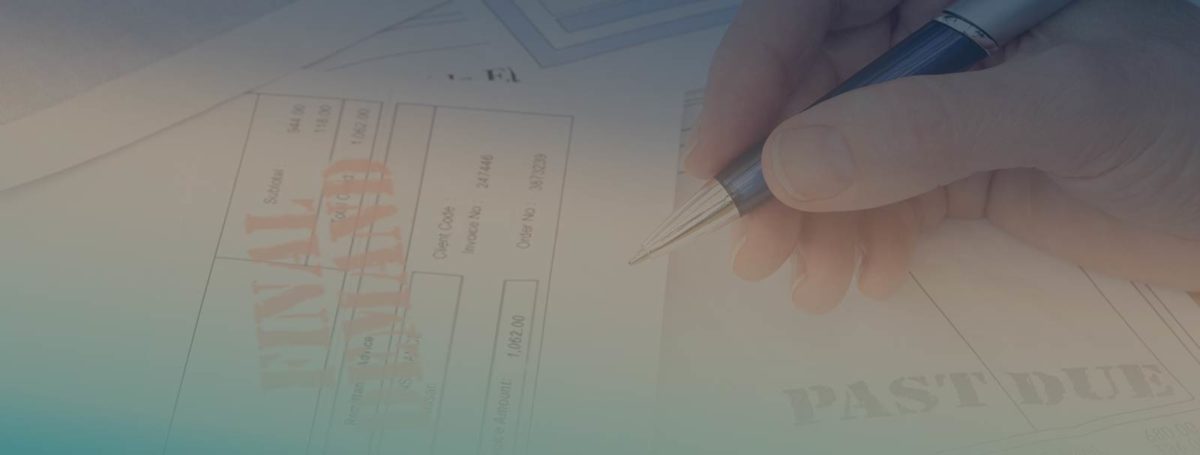Fortunately, there are rules as to what a creditor can and cannot take and steps you can take to avoid repossession. Even if your property has already been repossessed, you may be able to get it back if you act promptly. The seasoned Ohio bankruptcy lawyers at Fesenmyer Cousino Weinzimmer in Columbus, Dayton and Cincinnati are ready to make your case an urgent priority. For example, even though there is a lien on your vehicle, you may be able to resolve your past-due car loan payments through a Chapter 13 bankruptcy to keep this asset.
Contact us to request a free consultation and learn how we can help you stop repossession or if necessary — and if it is still an option — help you recover property that was recently repossessed.
What Can the Creditor Do?
When you buy an item such as a car through a loan, you sign a contract that spells out the payments you must make and the dates you must make them. If you fall behind on these payments, you are considered to be in default of the contract. Most agreements state that you are in default as soon as the payment is late, but often the contract may give you a grace period to make up your payments.
If the contract states that the creditor has the right of repossession, the creditor can reclaim the property. The creditor does not have to go to court and get a judgment before it repossesses the property, as long as there is no “breach of the peace,” defined as something “likely to produce violence.”
Creditors may also file a lawsuit and get a court order for repossession. These are called “replevin” cases, and sometimes the court will issue an order even before you know that a case was filed. If you wish to challenge the replevin order, you must file a hearing request with the court within five days after receiving the paperwork. In this case, you should contact an attorney immediately for legal assistance.
What Property Can Be Repossessed?
Property that has been used to secure a loan can be repossessed if you default on the loan. This includes:
- Your home. If you do not make your mortgage payments, the lender can repossess or foreclose on the home. The lender can evict you and then sell the home to recover as much money as possible.
- Your vehicle.Most auto loans are secured and give the creditor the right to repossess the vehicle if you default. The lender then sells it to recover the money you owe. You may still be responsible for paying any difference between the sale price and what you owe, and you may also have to pay repossession expenses.
- Rent-to-own items.This includes furniture, electronics, appliances, and anything else you rent with the option of purchasing.
- Property used as collateral.If you use property such as a car as collateral to guarantee repayment of a debt creditors may take that property that was itemized out in the agreement.
What happens after the repossession?
Once creditors repossess your property, they usually send default notices within five business days. The notices explain why your car or other property was repossessed and what you must do to get it back. Typically, you must pay the past-due amount plus the costs of the repossession and up to two additional payments.
If you cannot make these payments, you will be notified that the car will be sold, at least 10 days before the sale. Be sure to keep all paperwork and notices in case you are sued for the balance due on the loan.
What Can’t Be Repossessed?
Not every property can be repossessed, even if you default on a loan. This includes:
- Property not specifically named as collateral.
- Credit card purchases. Credit card debt is unsecured, so items purchased with a credit card cannot be repossessed.
- Property named as collateral in a contract that does not comply with Ohio’s legal requirements.
Even if property can not be repossessed, creditors may still sue you in court to recover the money you owe. If they win, they may be able to garnish your wages or put a lien on your property.
Free Initial Consultations For Ohio Residents Facing Repossession
If you are faced with repossession, time is of the essence. If you cannot become current on your payments or make another arrangement with your creditor, you may be able to prevent the repossession by filing for bankruptcy or taking other steps that may help.
Take the first step toward debt relief and contact the experienced and compassionate debt-relief attorneys at Fesenmyer Cousino Weinzimmer today for a FREE INITIAL CONSULTATION.
We know what you are going through. We will evaluate your entire financial picture by looking at your income, your debts and your goals, and we will discuss the best fit for your individual situation. We will handle every phase of the process and find what works best for you.
We welcome inquiries from clients throughout central and southwestern Ohio. From our law offices in Columbus, Dayton and Cincinnati, we have helped countless Ohio residents find new hope and prevent repossession.
Delaying can only make your situation worse, so call the Ohio bankruptcy attorneys at Fesenmyer Cousino Weinzimmer today at one of our conveniently located office branches at 614-228-4435 (Columbus), 937-222-7472 (Dayton), or 877-654-5297 (Cincinnati), or email for your free consultation so we can determine what debt relief solutions will work best for you.
We are a debt relief agency. We help people file for bankruptcy relief under the Bankruptcy Code.
Client Testimonial
”Danielle was very professional. I was concerned about filling chapter 7 and wasn’t able to get the fees paid right away but she was very nice and let me know what my options were. I’m glad I was able to take care of everything and stick with it. Danielle is amazing.” – Nancy Fowler (Google Review)


